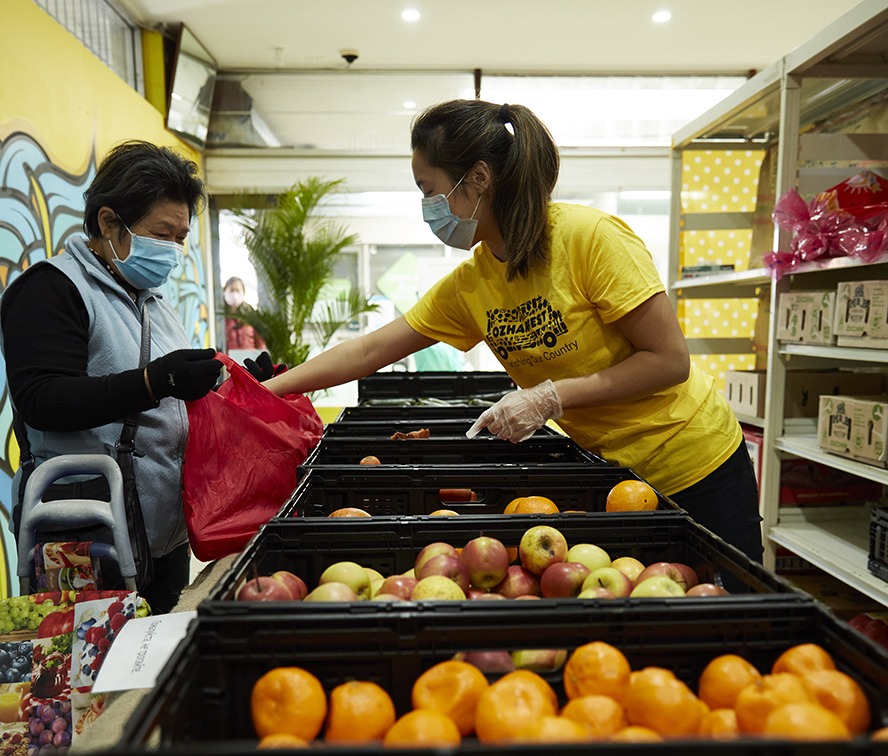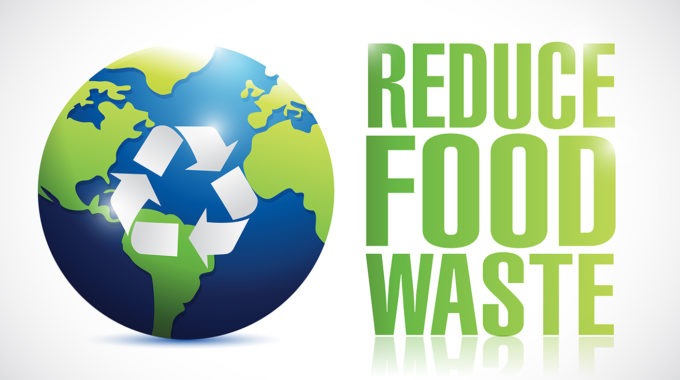Incentives needed to beat food waste
Today, September 29, has been designated the first International Day of Awareness of Food Loss and Waste by the United Nations. Reducing food losses and food waste is essential in a world where the number of people affected by hunger has been slowly on the rise since 2014, and millions of tonnes of edible food are lost or wasted every day. Food loss and waste also puts unnecessary pressure on the natural resource base and on the environment, depleting natural resources and generating greenhouse gases.
On this inaugural day, Foodbank Australia, KPMG Australia and the Fight Food Waste Cooperative Research Centre are calling for changes to Australia’s tax legislation so that more food businesses will donate surplus food rather than it going to waste.
“Currently, it’s often more practical and cost-effective for businesses to discard food rather than to donate it,” says Catherine Dean, KPMG Tax Partner. “Given that the costs of immediately disposing of food can be far lower than the cost incurred in donating food, and the tax deductions allowed for donating food compared to simply discarding food are the same in many instances, there are no incentives for success.”

Money a key motivator
KPMG Partner, Consumer and Retail Sector Lead Robert Poole, says that the experience of other countries has shown that the most effective way to support the food industry to do the right thing is via reforms to the tax system.
“In particular it would be a tipping point for the many small food businesses who want to do the right thing but just don’t have the margins to make it work,” he says.
Fight Food Waste Cooperative Research Centre Chief Executive Officer, Dr Steven Lapidge, says that Australia’s current tax framework does not adequately motivate retailers, manufacturers and producers to donate surplus stock.
“In fact, it’s no better than if they send it to landfill,” he says. “This has to change. If tax settings were recalibrated to incentivise donations to food relief, industry would be supported to donate surplus stock.”
Proposed reforms to the tax legislation will increase the volumes of surplus, safe, near date food to food relief and divert it away from landfill, as tax exemptions and deductions have the capacity to incentivise and facilitate meaningful and appropriate giving, Lapidge says.

Helping food relief
Foodbank Chief Executive Officer, Brianna Casey, says that food relief in Australia is delivered via a partnership between the charity and food sectors, with food donated by industry to food relief organisations, such as Foodbank or OzHarvest, being distributed to front line charities for dissemination to the public.
“But there is currently not enough food being redirected; only 37 percent of charities say they’re meeting the full needs of food insecure clients,” she says. “This is a gap that will only increase during the economic recovery from COVID-19 if the need to expand food relief efforts is not addressed.
“We know there is plenty more food out there for donation. However, it currently just doesn’t make good business sense for a lot of industry to donate this to us.”
If these donations could be incentivised through tax reform, many more Australian food businesses would be more likely to be willing to donate rather than dispose of surplus food.
“At the same time as being an innovative industry-based mechanism to meet the growing demand for food relief and emergency support in Australia, these reforms would assist in reducing food waste and support industry, particularly small enterprises such as farmers, during these tough times,” Casey says.









